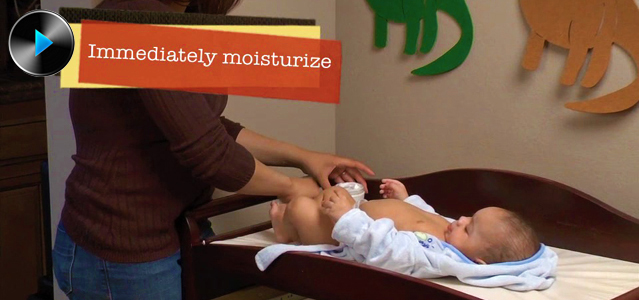Medical Dermatology - Eczema
Atopic dermatitis (eczema) is a chronic disease of the skin. Often, the condition is seen in infants and children, but it can appear in adulthood. People with atopic dermatitis often complain of inflamed and itchy skin. However, with longstanding disease, the skin can become thickened, scaly, cracked, crusty and infected.
Patients with atopic dermatitis can have remissions and flares (“comes and goes”). Atopic dermatitis also tends to run in families and may be associated with asthma and seasonal allergies. This means those patients (or their family members) who have any of these three diseases are more likely to have atopic dermatitis. Atopic dermatitis tends to worsen in the winter, and stress may also play a role in causing the disease to flare.
There is no cure for atopic dermatitis and treatment of atopic dermatitis is multifactorial. Patients are encouraged to use non-fragranced soaps, emollients (lotions), and detergents. The most important step a patient with atopic dermatitis can take is to moisturize their skin.
Treatment options such as topical steroids and topical immunomodulators are used initially. Immunomodulators, such as Elidel or Protopic, are topical medications that act like a steroid but do not have as many side effects. To prevent the itch-scratch cycle, patients may be given antihistamines to decrease the itching. Depending on the patient and the severity of their disease, other treatment options such as light therapy, oral steroids and other immunosuppressants may also be used.
For more information on our services or to schedule an appointment, please call 916-734-6111 or 800-770-9282.




